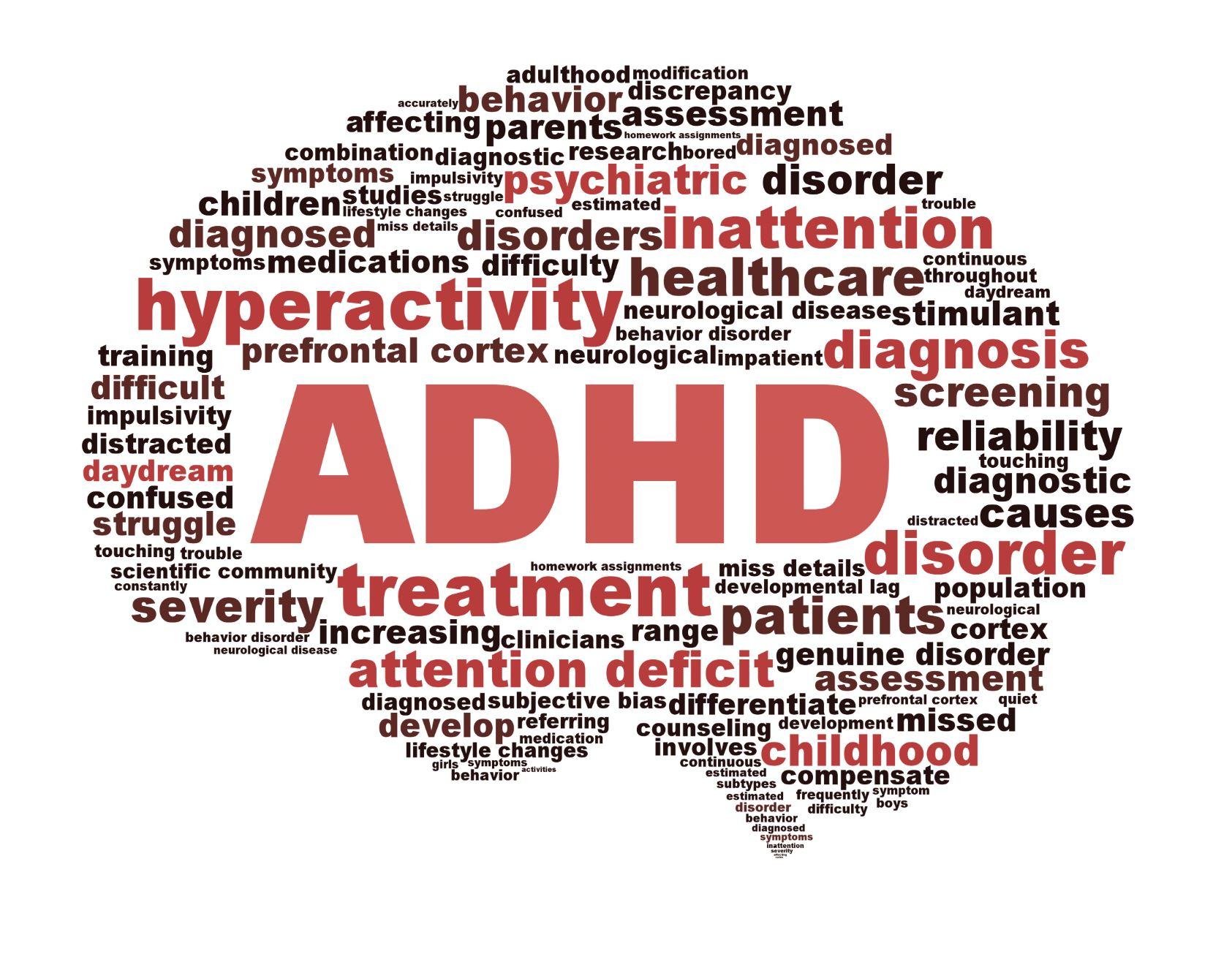Attention Deficit Hyperactivity Disorder (ADHD) is a neurodevelopmental condition characterized by symptoms such as inattention, hyperactivity, and impulsivity. While traditional treatments often focus on medication and behavioral therapies, mindfulness has emerged as a valuable complementary approach. This article explores how mindfulness can play a crucial role in managing ADHD, discussing its benefits, methods, and practical applications.
Understanding Mindfulness and ADHD
What is Mindfulness?
Mindfulness is the practice of paying deliberate attention to the present moment with an attitude of acceptance and non-judgment. It involves being fully aware of one’s thoughts, feelings, and surroundings, and can be cultivated through various techniques such as meditation, breathing exercises, and mindful observation.
ADHD and Its Challenges
ADHD symptoms affects the brain’s executive functions, which include attention, impulse control, and working memory. Individuals with ADHD often struggle with maintaining focus, regulating emotions, and managing impulsive behaviors. These challenges can impact various areas of life, including academic performance, relationships, and daily functioning.
Benefits of Mindfulness for ADHD
Improved Attention and Focus
Mindfulness practice can help enhance attention and focus by training individuals to be more aware of their thoughts and environment. Regular mindfulness practice can improve sustained attention and reduce distractibility, which are key areas of difficulty for those with ADHD.
Enhanced Emotional Regulation
ADHD is often accompanied by emotional dysregulation, leading to intense and fluctuating emotions. Mindfulness helps individuals recognize and accept their emotional states without being overwhelmed by them. This increased emotional awareness can lead to better self-regulation and reduced emotional reactivity.
Reduced Impulsivity
Mindfulness promotes self-control by encouraging a pause between stimulus and response. This can be particularly beneficial for managing impulsivity, as it allows individuals to become more aware of their urges and make more deliberate choices rather than reacting impulsively.
Better Stress Management
ADHD can contribute to increased stress due to difficulties with organization and time management. Mindfulness techniques, such as deep breathing and relaxation exercises, can help manage stress and reduce anxiety, leading to improved overall well-being.
Mindfulness Techniques for ADHD
Mindfulness Meditation
Mindfulness meditation involves sitting quietly and focusing on the breath, bodily sensations, or a specific object of attention. This practice helps individuals develop greater awareness of their thoughts and feelings, improving their ability to stay present and focused.
Body Scan Meditation
The body scan technique involves paying close attention to different parts of the body, noticing any sensations, and releasing tension. This practice can help increase bodily awareness and promote relaxation, which is beneficial for managing ADHD symptoms.
Mindful Breathing
Mindful breathing focuses on paying attention to the breath, observing its natural rhythm without trying to change it. This simple yet effective technique helps ground individuals in the present moment and can be used as a quick tool for calming the mind and body.
Mindful Movement
Incorporating mindfulness into physical activities, such as yoga or tai chi, can be especially helpful for individuals with ADHD. Mindful movement encourages awareness of bodily sensations and can improve focus, coordination, and relaxation.
Mindful Eating
Mindful eating involves paying full attention to the experience of eating, including the taste, texture, and smell of food. This practice can help improve self-regulation and reduce impulsivity related to eating behaviors, which is often a concern for individuals with ADHD.
Practical Applications of Mindfulness for ADHD
Integrating Mindfulness into Daily Routines
Incorporating mindfulness into daily routines can be beneficial for managing ADHD symptoms. Simple practices, such as mindful breathing during transitions or mindful walking, can help individuals stay grounded and focused throughout the day.
Mindfulness in the Classroom
Mindfulness techniques can be integrated into the classroom environment to support students with ADHD. Teachers can incorporate short mindfulness exercises, such as mindful breathing or stretching breaks, to help students regain focus and manage stress.
Using Mindfulness as a Complement to Medication and Therapy
Mindfulness can be used alongside traditional treatments, such as medication and behavioral therapy, to provide a holistic approach to managing ADHD. Combining mindfulness with other interventions can enhance overall effectiveness and support better outcomes.
Mindfulness for Parents and Caregivers
Parents and caregivers of children with ADHD can benefit from mindfulness practice as well. Mindfulness can help manage the stress and emotional challenges associated with caregiving, improve patience, and enhance interactions with the child.
Challenges and Considerations
Consistency and Commitment
One of the challenges of mindfulness is maintaining consistency in practice. Developing a regular mindfulness routine requires commitment and perseverance. It may be helpful to start with short, manageable sessions and gradually increase the duration as comfort with the practice grows.
Individual Differences
While mindfulness can be beneficial for many individuals with ADHD medication, it may not be equally effective for everyone. It is important to consider individual preferences and needs when incorporating mindfulness into a treatment plan. Some individuals may require additional or alternative strategies to complement their mindfulness practice.
Professional Guidance
For individuals new to mindfulness, seeking guidance from a qualified instructor or therapist can be beneficial. Professional support can provide personalized instruction, help address any challenges, and ensure that mindfulness practices are implemented effectively.
Conclusion
Mindfulness offers a valuable tool for managing ADHD, providing benefits such as improved attention, enhanced emotional regulation, reduced impulsivity, and better stress management. By integrating mindfulness techniques into daily routines and combining them with traditional treatments, individuals with ADHD can experience significant improvements in their overall well-being.
While mindfulness may not be a cure-all, it can be a powerful complementary approach that supports better focus, emotional balance, and self-regulation. By exploring and incorporating mindfulness practices, individuals with ADHD can find greater peace, clarity, and control in their lives.






